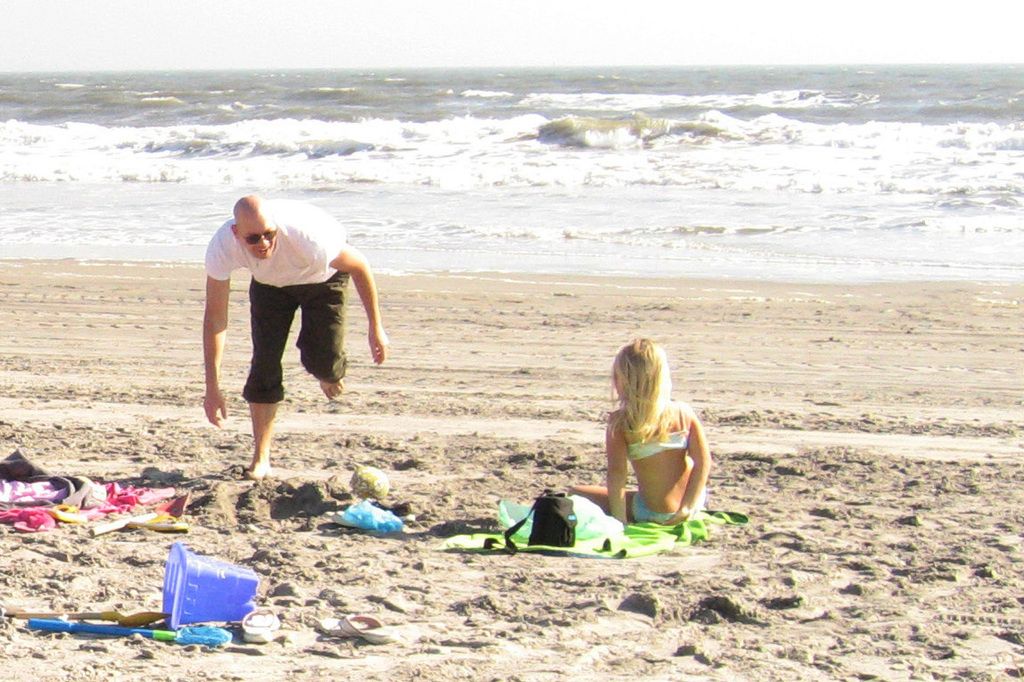The Dutch Political Shuffle: Game of Thrones Style
Elections scheduled in the Netherlands subsequent to the collapse of the administration
The Hague - It's curtains for the Dutch government as a power struggle over immigration policy sweeps the nation, leading to fresh elections. Minister-President Dick Schoof announced the Netherlands' departure from political stability, following right-wing populist Geert Wilders' party exit from the coalition. Schoof dropped the bomb, hinting at the imminent resignation of the government.
For now, the partyless government that's been in power for almost a year will soldier on, despite the looming uncertainty. With a significant NATO summit just weeks away in The Hague, the government will continue to host the high-profile event, amidst growing political turmoil.
Music Stops with Autumn Tune
Expect autumn leaves to herald the elections, with polls unlikely to take place any sooner than harvest time. The Dutch landscape may experience a brief political winter, as the country grapples with the aftermath of the coalition's collapse. Schoof has committed to working alongside remaining government parties on pressing issues. However, time-consuming negotiations are likely on contentious topics, as all ministers from Wilders' party have vacated their positions, leaving their respective ministries in a state of flux.
Wilders, not one to back down from a fight, has repeatedly hinted that he would dismantle the coalition if his rigid asylum policy demands were not met. On Tuesday morning, in a dramatic move, Wilders declared his radical-right Party for Freedom (PVV) was withdrawing from the coalition, leaving his partners scrambling in the political arena. The other coalition partners had previously refused to retroactively include a ten-point plan from the PVV detailing harsher asylum rules in the coalition agreement. Instead, they proposed discussing the plans in parliamentary debates.
Wilders: A Modern Day Robespierre
Although the government partners generally agreed to beef up border control measures, the PVV's draconian proposals, including sealing borders to all asylum seekers, marshaling the military to reinforce borders, and forcibly repatriating Syrian refugees, have left many questioning the country's moral compass. Requests to end family reunification for recognized refugees and the expulsion of individuals with dual citizenship who have a criminal record, threaten to fracture the Dutch community further.
Sowing the Seeds of Instability
The NSC, a centrist party, demonstrated early doubts about the PVV's commitment to upholding the constitution. Recent accusations of incompetence from the coalition parties NSC and VVD, aimed towards the PVV's Minister for Asylum, Marjolein Faber, have added fuel to the fire. The 2023 elections saw the PVV, led by Islam critic Geert Wilders, become the unexpected ruling party. The coalition also includes the right-liberal VVD, the centrist NSC, and the right-wing populist farmers' party BBB.
The four-party alliance was doomed from the start, with the NSC harboring considerable reservations about the PVV's credibility. The current political landscape poses a significant challenge as the Dutch nation prepares to choose a new direction. In the tumultuous world of Dutch politics, only time will tell who will emerge victorious.
[1] https://www.nieuwsableid.nl/artikel/geert-wilders-bevestigt-vertrek-uit-koalitie-duivenvoorden[2] https://www.asionnews.nl/artikel/28027467/geert-wilders-eind-van-regering-na-vertrek-pvv[3] https://www.wng.nl/nieuws/geert-wilders-vindt-regering-onbetrouwbaar-6443748
- The recent departure of Geert Wilders' party from the Dutch coalition government, due to a dispute over immigration policy, has led to fresh elections, causing a power struggle and uncertainty in the nation.
- Apart from immigration policy, issues of war-and-conflicts, crime-and-justice, and accidents such as car accidents and fires are pressing matters that the caretaker government will continue to address despite the political turmoil.
- The withdrawal of the PVV from the coalition has left vacancies in various ministries, necessitating time-consuming negotiations and potentially leading to a fluctuation in policy-and-legislation.
- As the Dutch landscape grapples with the aftermath of the coalition's collapse, general-news outlets have covered the minutiae of the political game, including accusations of incompetence and constitutional breaches.
- With fresh elections on the horizon, the Dutch populace must navigate the complexities of politics, weighing the potential consequences of different policy stances, particularly those concerning migration and asylum.








